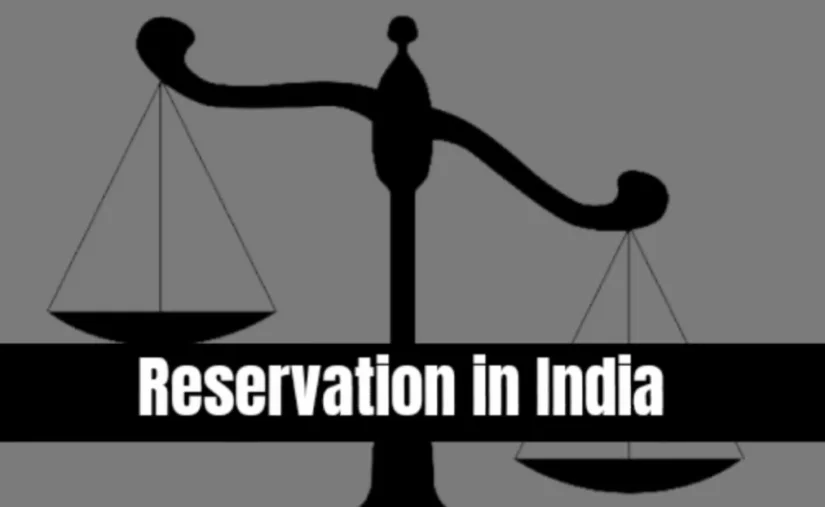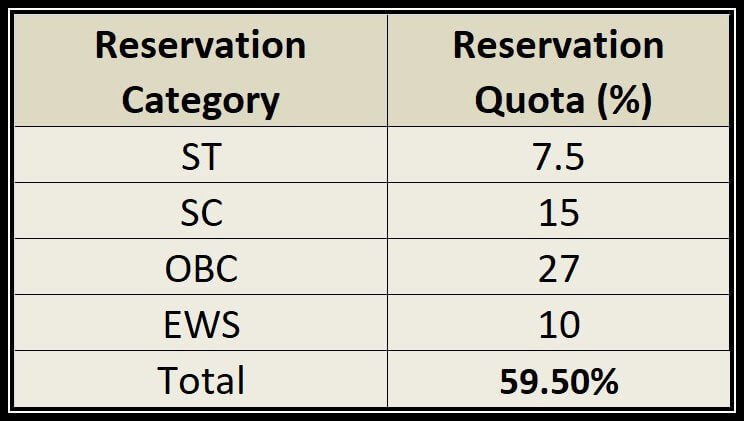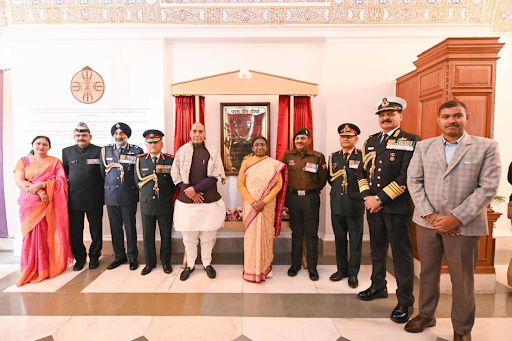Description

Copyright infringement not intended
Picture Courtesy: https://9freakinhours.wordpress.com/2020/08/11/reservation-system-in-india/
Context: The Andhra Pradesh Muslim reservation case involves efforts to establish a 5% quota for Muslims in the state, which have faced legal objections principally relating to procedural issues and the sufficiency of evidence showing the need for such reservation. The matter is currently awaiting a hearing at the Supreme Court.
Details
- The issue of reservation for Muslims in Andhra Pradesh has been a complex matter, involving legal challenges and debates around affirmative action and social reservations within the constitutional framework.
Background
- In June 2004, the State Government of Andhra Pradesh released a Government Order (GO) to include Muslims as Other Backward Classes (OBCs) based on socio-economic and educational conditions.
- The state government recommended a 5% reservation for Muslim minorities in employment, education, and other fields, similar to OBCs. However, this was struck down by a five-judge Bench of the Andhra Pradesh High Court in September 2004. The court ruled that the quota was unsustainable because it was implemented without consultation with the Backward Classes Commission and without excluding the "creamy layer."
- Following the High Court's ruling, the state government brought in another Ordinance in June 2005 for a 5% quota for Muslims. This was later replaced with legislation after being challenged before the HC. The legislation argued that the entire Muslim community was socially, educationally, and economically backward and justified a 5% reservation, even though it exceeded the 50% threshold set by the Indra Sawhney case.

Key Legal Issues
- Objective Criteria for Backwardness: The High Court raised concerns about the lack of objective criteria used by the Backward Classes Commission to determine the backwardness of Muslims as a group in Andhra Pradesh. The court emphasised the importance of data collection and analysis to support such reservations.
- Indra Sawhney 50% Limit: The Supreme Court's interim order in 2010 maintained a status quo on the issue pending further hearing. The case was not heard in depth until after the Supreme Court had ruled on the Economically Weaker Section (EWS) quota issue, which exceeded the 50% reservation cap.
Controversies and Debates
- The issue of Muslim reservations became a topic of political debate, with accusations that such reservations could potentially reduce quotas for Scheduled Castes (SCs), Scheduled Tribes (STs), and OBCs. This controversy highlights broader discussions around representation and affirmative action policies.
|
Reservation in India
●Reservation systems favouring certain castes and communities existed even before independence. Demands for positive discrimination were made as early as the late 19th century. Leaders like Chatrapati Shahu and movements like the Justice Party in the early 20th century initiated reservation policies.
●The Constitution of India provides the framework for reservations under Articles 15(4) and 46. These articles allow the state to make special provisions for the advancement of socially and educationally backward classes, including Scheduled Castes (SCs) and Scheduled Tribes (STs).
●After independence, the Indian government initiated major programs for the benefit of SCs and STs. The Mandal Commission in 1979 marked a significant shift by recommending reservations for Other Backward Classes (OBCs). Subsequently, reservations were extended to more groups, including economically weaker sections of the general category.
●Reservations are implemented in various sectors, including education and employment. Specific percentages of reserved seats vary across states and categories. For example, in central government-funded institutions, seats are reserved as follows: SC - 15%, ST - 7.5%, OBC - 27%, and additional reservations 10% for EWS.
|

Way Forward
- The final hearing on this matter was scheduled in 2022, but it was delayed pending the resolution of the EWS quota issue. The status of the case remains unresolved, and the legal validity of reservations for Muslims in Andhra Pradesh is yet to be determined by the Supreme Court.
- The case highlights the challenges of establishing reservations based on social and educational backwardness, emphasising the importance of comprehensive data-driven assessments and compliance with constitutional principles in India's diverse sociopolitical landscape.
Must Read Articles:
RESERVATION SYSTEM
Source:
Indian Express
Wikipedia
|
PRACTICE QUESTION
Q. The reservation system aims to provide social justice by ensuring representation for disadvantaged communities. However, concerns exist about meritocracy, where the most qualified candidate might be overlooked due to reserved quotas. How to design a system that effectively balances the need for inclusion with the importance of merit-based selection?
|











